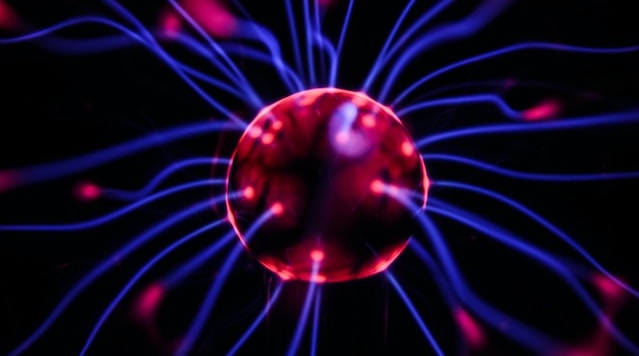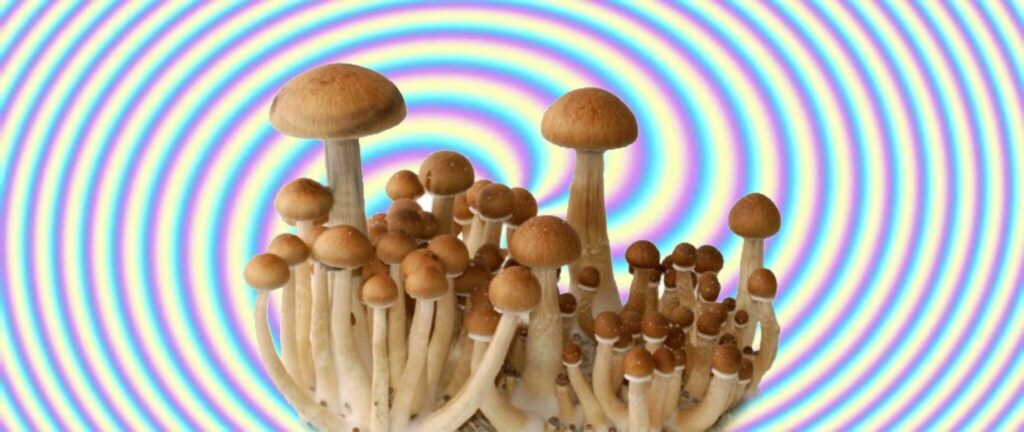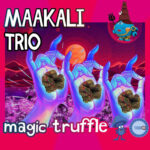Also known as N,N-Dimethyltryptamine, DMT is known for its intense trips that dive deep into the spiritual wilderness. While DMT can be found in most plants and creatures alike, its claim to fame lies with Ayahuasca — a psychedelic tea from the Amazonian vine of the same name. For hundreds of years, local tribes in the Amazon have drunk DM-Tea (get it?) to heal sicknesses of the mind, body, and soul.
Is it high time to study DMT with real live patients? Maybe pave the way for its legal and widespread use? Let’s find out!
Lasting Changes in Brain Function
A single dose of Ayahuasca can create lasting changes in brain function. A person with the tendency to be stubborn, for example, becomes open to change. This so-called “brain flexibility” caused by DMT may also alter depressive symptoms.
But that’s Ayahuasca, the effects of which can last up to 8 hours. On the other hand, pure DMT (whether smoked or injected), only lasts around 15 to 30 minutes. DMT trips may be short, but they’re crazy powerful. Napoleonic, even.
Researchers from Johns Hopkins University found out that 90% of those who’ve tried DMT said they were more satisfied with their lives, while 80% said their DMT trip changed their view of reality forever… just like in The Matrix.

Faster Than Expected
The trial, which enters Phase 1 faster than expected, is a collaboration between Imperial College London and Small Pharma, a company that works on brain medicine.
Small Pharma CEO Peter Rands said:
“DMT delivers a psychedelic experience in 20 mins and has unique properties. By adopting responsible evidence-based research…we hope to help rebrand these once-stigmatized compounds as highly effective medical therapies.”
If proven successful, this DMT trial could further the possibility of adding psychedelic-based medicine into our healthcare systems. This means cheaper, more natural options for millions suffering from depression. Fingers crossed!
Healthy Volunteers First
Phase 1 kicks off in January 2021. During this stage, the trial will test DMT on healthy volunteers (who’ve never tried psychedelics) first.
This way, the study can have a control group to compare with patients suffering from depression (aka Phase 2a). Of course, having volunteers like that suffer from debilitating conditions like these means that a network of support is needed — both socially and scientifically.

2021: The Year of Legalization?
DMT and psilocybin can be seen as close cousins since they’re both tryptamines, which means they have the same broad molecular family. Both DMT and psilocybin tickle the brain’s nerve endings for an altered state of consciousness. But only psilocybin has the legal thumbs-up (in Oregon at least — with others to follow soon). So, what gives?
Here’s the deets.
Before Oregon approved the therapeutic use of psilocybin, the compound first “won” in the eyes of researchers + big universities, such as John Hopkins. Psilocybin trials produced hard evidence that it can treat resistant depression… which led to its (winning) legal argument. And a legal precedent is no small thing.
Seems like DMT is the next big psychedelic to follow, based on its current path. And who knows? This time ‘round in late 2021, DMT may also be legally approved…





